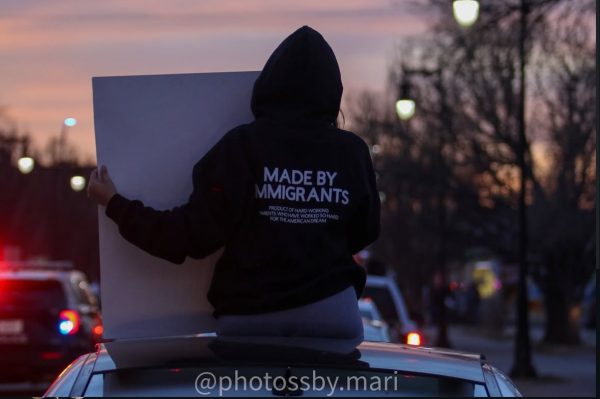Drag Bills Pave Way for More Anti-LGBT Legislation
The U.S. has a long history of legislation that restricts gender expression, laws deeply rooted in homophobia and transphobia. More and more of these bills are being proposed in red states, the most recent ones targeting public drag shows. These drag bills hurt an entire community of people, not just drag performers.
A bill signed by Tennessee Governor Bill Lee bans drag performances in public spaces, calling drag “harmful to minors.” The bill restricts performances by “male or female impersonators,” but never defines who these impersonators could be. Some fear that because of the bill’s vague wording, it could be used to target LGBTQ+ people at large because its definition of “drag” could include anyone who dresses or expresses themselves in a way that, according to the law, differs from their assigned gender at birth. Other performers or everyday people are put at risk, even if they don’t perform or dress in drag.
These type of laws go beyond just drag. The passing of these bills also opens up the possibility of passing more anti-LGBT bills. Eight states including Tennessee have put restrictions on, or outright banned, access to gender-affirming care for youth, while 10 other states (including Missouri and Oklahoma) are debating their own legislation targeting transgender healthcare and athletics.
During the race for Kansas governor, rumors spread that the state had funded drag shows under Laura Kelly’s administration. The rumor was spread by Republican challenger Derek Schmidt, in a thinly-veiled attempt to appeal to bigotry for political gain. What Schmidt did during the 2022 election is no different than what Republicans in other states, including Tennessee, are doing now.
For many people, drag is a creative outlet for their identity, and there is an entire culture built within the art form. The community has fought for decades to have the right to even share this culture with the world in a safe space, and now that right is being taken away from them.
However, there is hope for the future; according to the Human Rights Campaign Foundation in 2022, 315 anti-LGBTQ bills were proposed and only 29 of them became law. Even in some Republican-led states, there was a strong pushback on many of the proposed bills. These laws won’t erase the community, and it won’t prevent people from continuing to fight for their rights.





